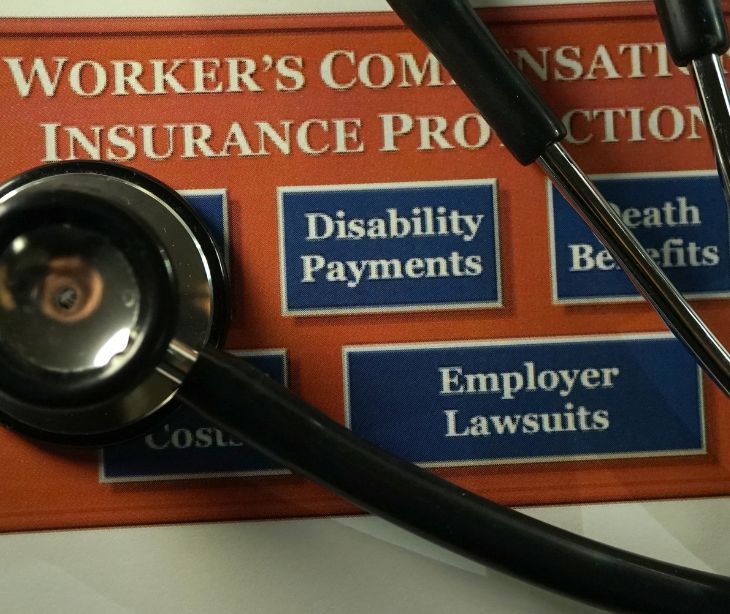
HIPAA gives patients greater control over health information through several provisions. These include the rights to access, consent, privacy, amendments, accounting of disclosures, and breach notifications.
Right to access
One way HIPAA empowers patients is by granting them the right to access their health information. Patients can request copies of medical records, including test results, diagnoses, treatment plans, and other health-related data. This provision ensures that patients clearly understand their medical history to make informed decisions about their healthcare.
Consent and authorization
HIPAA also gives patients control over who can access their health information. Under this regulation, healthcare providers are required to obtain written consent or authorization from patients before sharing their health information with third parties, such as other healthcare professionals, insurance companies, or researchers. Patients can grant or deny access to specific individuals or organizations, safeguarding their privacy and control.
Read more: How does HIPAA differentiate between consent and authorization?
Privacy rules
HIPAA's Privacy Rule establishes standards for protecting patients' personal health information. This rule mandates that healthcare providers and their business associates implement safeguards to ensure the confidentiality and integrity of protected health information (PHI).
See also: https://www.paubox.com/blog/what-is-the-hipaa-privacy-rule
HIPAA compliant email
HIPAA compliant email solutions, such as Paubox, are specifically designed to protect the privacy and security of electronic PHI. They incorporate advanced encryption and access controls to safeguard sensitive health information messages. Patients can trust that their health data is secure when communicated via HIPAA compliant email, which controls who can access and view their information, providing a secure vault for their health records, and ensuring they remain confidential and protected.
See also: HIPAA Compliant Email: The Definitive Guide
Right to request amendments
Another important aspect of HIPAA is the right to request amendments to health records. Suppose a patient believes that the information in their medical records is inaccurate or incomplete. In that case, they have the power to request corrections. This provision ensures that health information remains accurate and up-to-date, and it's another way in which HIPAA places control in the hands of the patient.
Right to an accounting of disclosures
HIPAA also grants patients the right to request an accounting of disclosures of their PHI. This means that patients can receive a record of who has accessed health information and for what purposes. It provides transparency, allowing us to see who has been viewing the data and why. This knowledge can maintain control over personal health information.
Breach notifications
HIPAA mandates that patients be informed if there is a breach of their PHI. This provision gives patients control over their response to potential security incidents. Patients can take appropriate actions to protect their privacy in the event of a breach.
Go deeper:
Subscribe to Paubox Weekly
Every Friday we'll bring you the most important news from Paubox. Our aim is to make you smarter, faster.





